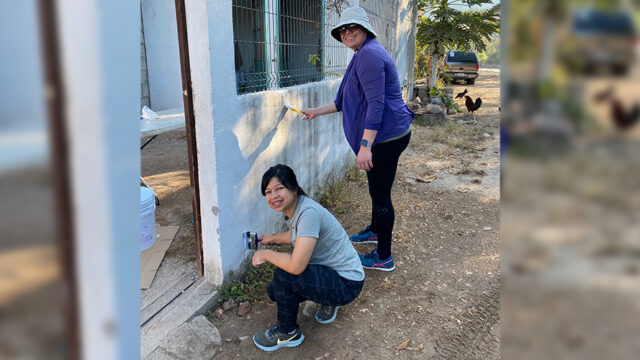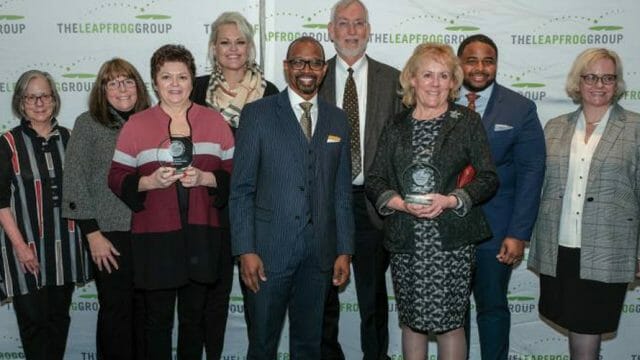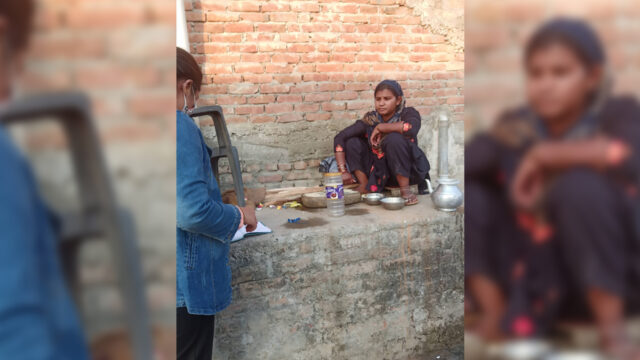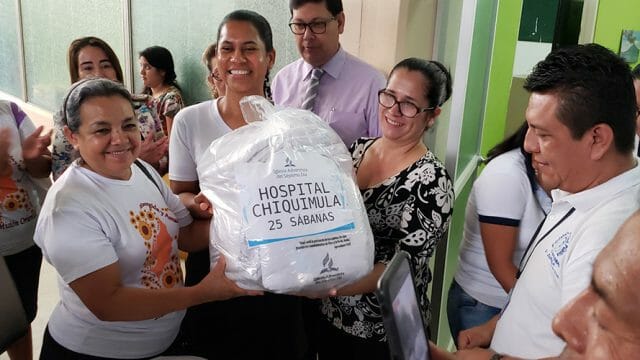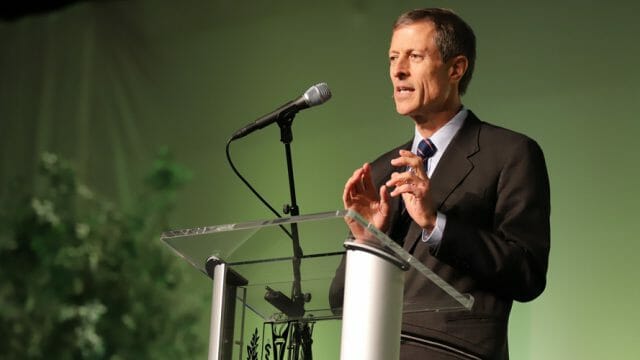Country directors and leaders meet in Hungary to reflect, plan, and network.
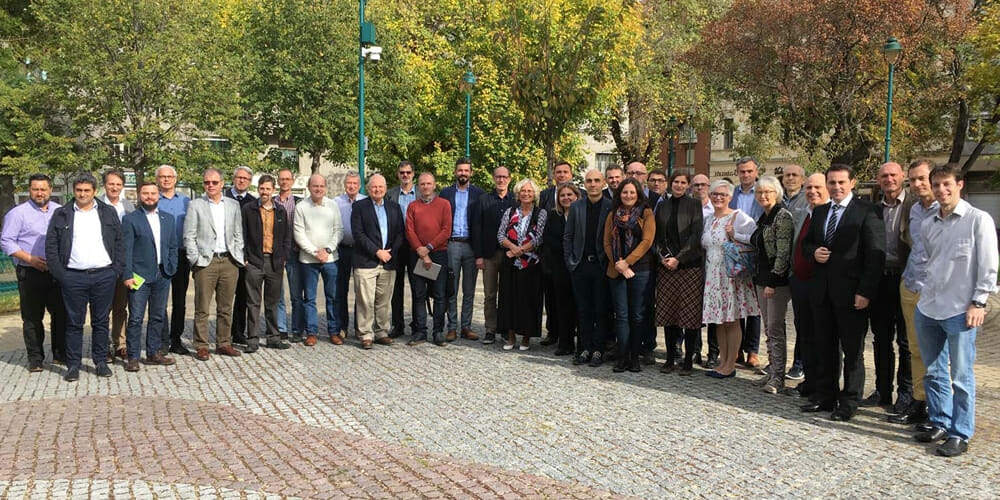
Leaders of the Adventist Development and Relief Agency (ADRA) in Europe met to discuss new approaches to making a greater impact around the world, at the agency’s annual forum meeting in Budapest, Hungary, October 22-25, 2018. Their aim was to accelerate efforts toward promoting the wellbeing of disadvantaged people and to build a stronger ADRA network, leaders said.
ADRA country directors from Europe, together with leaders from ADRA International and ADRA Europe, came together for the ADRA Europe forum, which combines executive committee and planning meetings. Thirty European countries currently host national ADRA offices, and 25 country directors or their representatives were present at the meetings. Six of them were new to their role.
Looking for Greater Impact
ADRA Europe was restructured in 2016 to bring the various offices under one umbrella, making joint efforts and collaborative projects among countries much easier, leaders reported. The new model also brought a new way of thinking and dreaming, they said, allowing offices to accelerate their impact, especially in the areas of health and education.
ADRA International leaders pointed out that access to education is becoming a leading theme for ADRA around the globe, and European offices are joining the effort to support disadvantaged children and youth who lack access to education. Big improvements are happening also in emergency response. As the pace of disasters seems to be increasing, leaders said, more professional and more coordinated efforts are bringing hope and are saving more lives than ever before. Concluding the three days of meetings, a group of recently recruited ADRA professionals continued on to an emergency training course.
Reports were presented on the more routine but important work of ADRA, given by Raafat Kamal, Trans-European Division president and chair of the ADRA Europe board; Norbert Zens, Inter-European Division treasurer; and João Martins, ADRA Europe executive director.
A Theology of Compassion
Jonathan Duffy, president of ADRA International, spoke about the theology of compassion, including recent global trends and the role of faith-based organizations in development and humanitarian aid. He reminded attendees that recently, global development experts have come to realize that faith-based organizations are playing a significant role in solving some of the most pressing issues of today’s society.
“More than 85 percent of the global population is affiliated with some form of religious organization,” Duffy said. “Religious leaders are among the most influential. If global society is serious about reaching sustainable development goals before 2030, then religious leaders are among those who are going to bring about the desired change.”
Duffy and his team are developing the theological basis for social justice and are active advocates for justice among faith-based organizations.
Business Models, Branding, and Fundraising
Michael Kruger, ADRA International vice president for finance, presented new business models with special emphasis on social business. Matthew Siliga, vice president for marketing and development, conducted workshops and presentations on branding, fundraising, and new technologies.
“Contemporary society is fast changing, and new models of financing for development are being developed,” Siliga emphasized. “ADRA is also testing and developing new technologies to bring positive social changes to local communities.”
Citing the frequent occurrences of humanitarian emergencies and disasters in the world, Mario Oliveira, director for the Emergency Management Unit at ADRA International, presented response models and led discussions on how to improve quick and efficient responses, thus saving more lives.
Collaboration and Volunteers
Leaders discussed program strategies and models of collaboration between offices in the European territory. A new global advocacy initiative was presented, and employees and volunteers from ADRA offices were invited to join and increase advocacy efforts for the disadvantaged, the marginalized, and those in poverty.
Volunteers are a vital resource in ADRA’s work in Europe, ADRA leaders said in presentations on volunteer management and volunteer engagement, in which they also conducted practical discussions on the value and role of volunteers.
Annual ADRA meetings in Europe are also an opportunity for leaders to spend time with colleagues, share challenges and ideas, seek partnership opportunities and encourage each other, organizers said.
Martins said he felt that having the opportunity to meet all the European ADRA country directors was a privilege, and added he was pleased with the outcome. “We can see the progress accomplished, share good experiences, and learn together how to progress ADRA in Europe,” he said. “Together, we can serve humanity better so that all can live as God has intended.”
The original version of this story resides at the TED News site.


